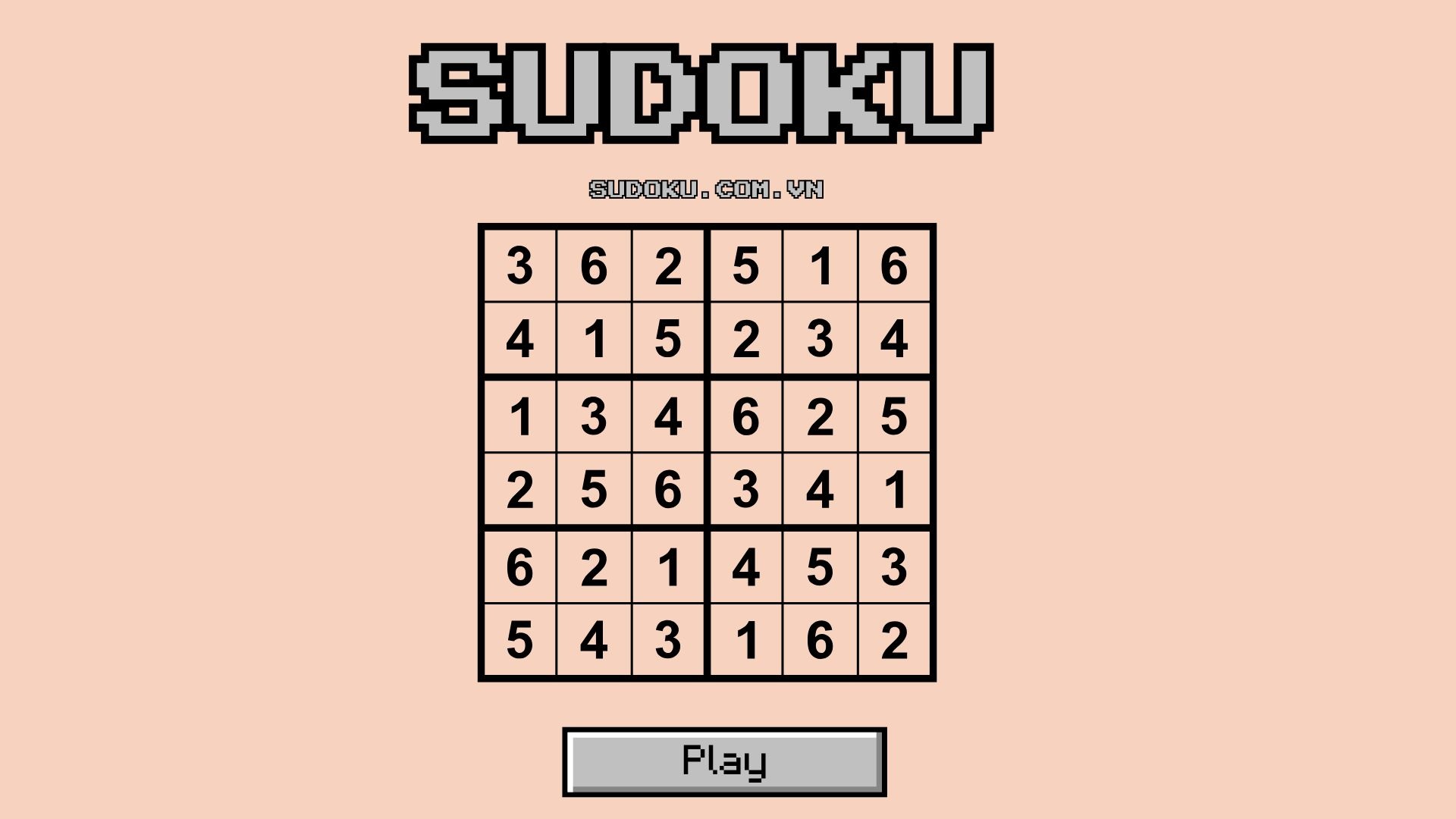Explore the “guess and check” method in Sudoku: when to use it, its pros and cons, and how to apply it effectively without overusing it.

If you’ve played Sudoku for a while, chances are you’ve run into a situation where you’re stuck, you’re not sure which number to place next. Then, the idea comes to mind: “What if I just guess a number and see what happens?”
That approach is known as the “guess and check” method. It’s a technique that sparks a lot of debate in the Sudoku community. So the question is:
Should you use it?
What is “Guess and Check”?
“Guess and check” is a technique used in Sudoku when logical strategies are no longer helping you move forward.
Here’s how it works:
- You make an educated guess about a number that could fit into a certain cell.
- You continue solving the puzzle based on that assumption.
- If you later find a contradiction or mistake, you go back to the guessed point and try a different number or path.
Think of it like exploring a maze if you hit a dead end, you retrace your steps and try a new route.
Advantages of the guess and check method
- Can solve any puzzle: In theory, if you’re patient enough, guess and check can help you solve any Sudoku puzzle even the hardest ones.
- Helpful when you’re stuck: When all basic logic techniques (like elimination, lone candidates, or row/column strategies) no longer work, this method can be your “escape route.”
Disadvantages of guess and check
- Not optimal: Random guessing doesn’t help you build logical problem-solving skills the core of Sudoku.
- Time-consuming and error-prone: Without careful note-taking, it’s easy to go down the wrong path and struggle to backtrack correctly.
- Overuse can harm your progress: If you rely on guessing too often, you may avoid learning advanced techniques like X-Wing, Swordfish, or Coloring.
What do Sudoku experts say?
Most professional players and official Sudoku competitions discourage the use of guessing especially during timed challenges or tournaments.
They emphasize using pure logic to solve puzzles, because Sudoku is not a game of luck—it’s a game of logical reasoning.
When should you use guess and check?
- When you’re practicing extremely difficult puzzles and want to test your limits.
- When you’re trying to verify a solution quickly.
- When you’ve exhausted all known logical techniques and still can’t make progress.
Pro tip: If you decide to guess, always mark the cell where you started guessing. This makes it easier to undo and try a different approach if needed.
So, should you use guess and check in Sudoku?
Yes. But only at the right time, and with the right mindset.
The “guess and check” method is not inherently bad, but it should not become your default strategy. If you truly want to improve your skills, focus on mastering logical solving techniques first.
What’s your take?
Do you often use guess and check when solving Sudoku puzzles?
Do you have any tips for avoiding unnecessary guessing?
Share your experience in the comments, we’d love to hear from you!
